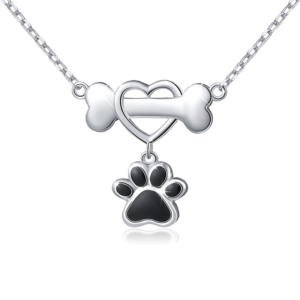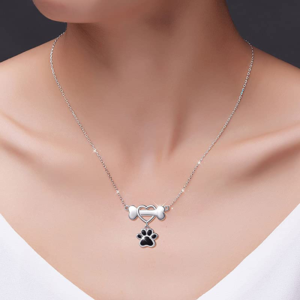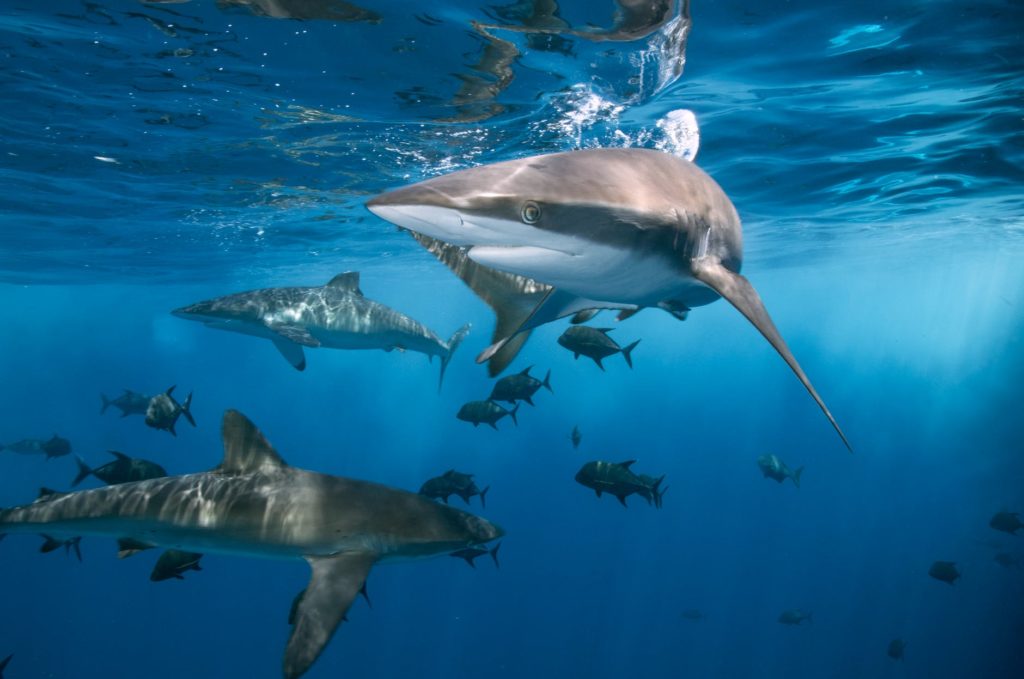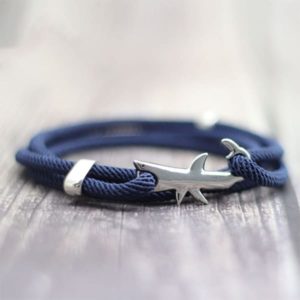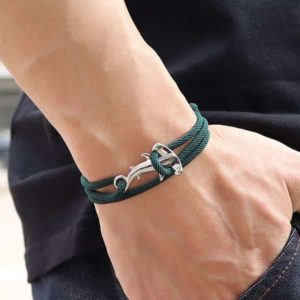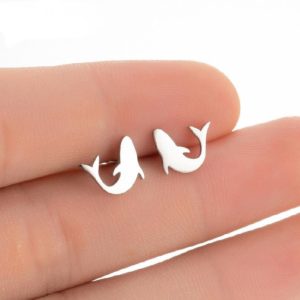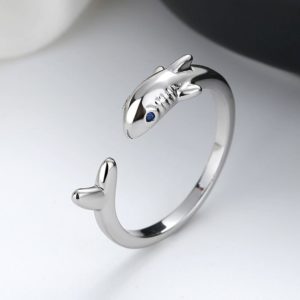Did you ever ask yourself the question, “Do sharks have bones?”, then you’re definitely not alone! Believe me when I tell you that the answer may surprise you.
The shark skeleton is one of the most fascinating subjects in biology. With fossil records dating back 400 million years, sharks have outlived the dinosaurs and most other forms of life currently on earth.
As one of the ocean’s top predators, it’s logical to assume that sharks have bones in their tails to power through the ocean, and strong jawbones to bite through their prey.
If that’s your assumption, the answer to the question ‘do sharks have bones’ is going to surprise you!
Do sharks have bones and how many bones do sharks have?
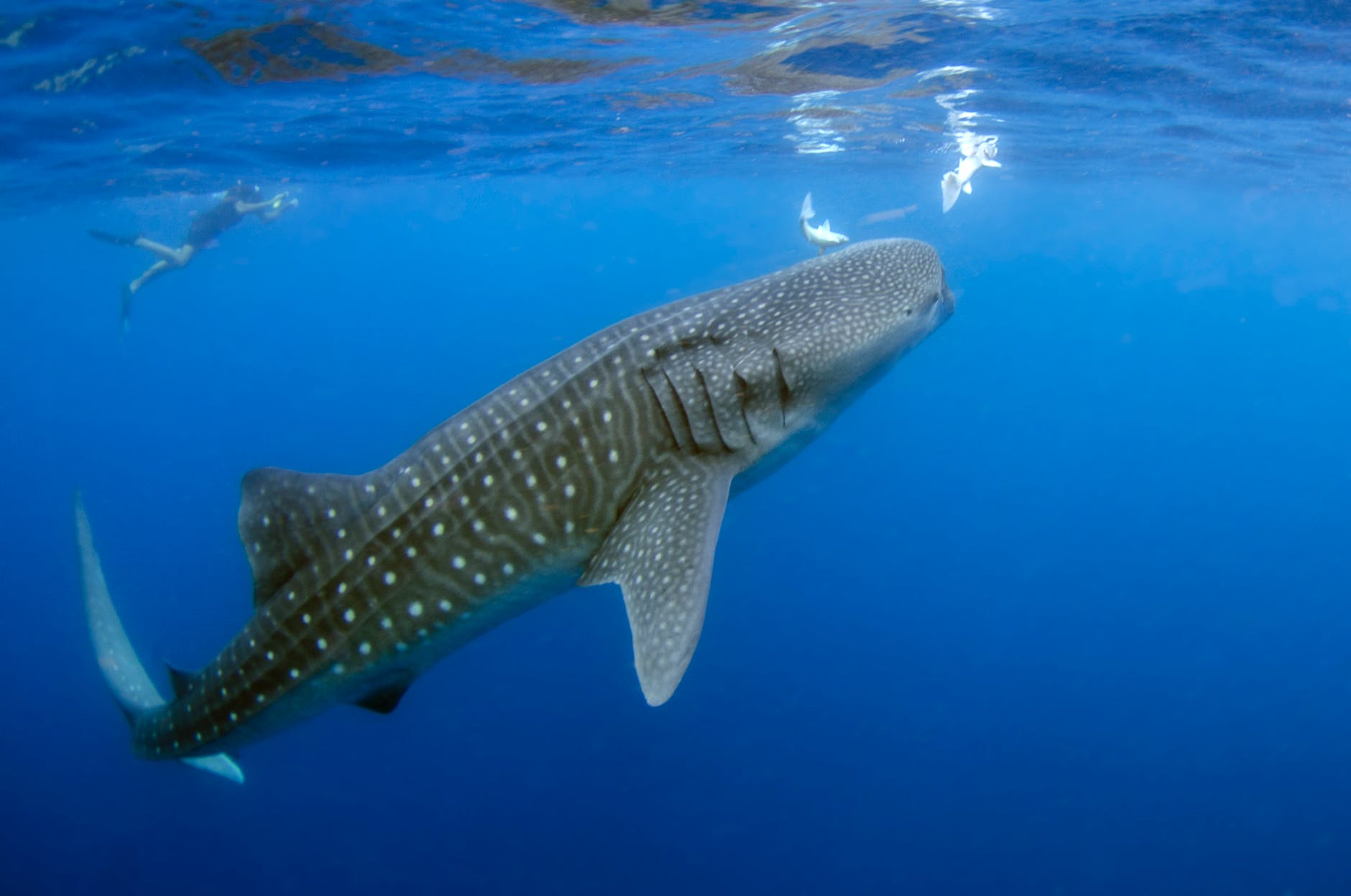
Surprisingly the shark skeleton does not contain a single bone. In fact, sharks are part of a unique group of fish called elasmobranch. These fish are known for not having any bones at all.
While it is true that sharks have no bones, it does not mean that they’re as floppy as jellyfish. In fact, sharks have sturdy and very efficient skeletons.
What is a shark skeleton made of?
Instead of hard bones that can break with too much pressure, a shark skeleton is instead made of cartilage, a much softer tissue more flexible than bone but still strong enough to do all the things a human skeleton does.
Cartilage is strong but flexible, so it helps sharks be fast and maneuverable in the ocean. That flexibility is how sharks manage to twist and shake their prey once caught. It also helps them avoid predators like orcas (killer whales) or other bigger sharks (yes, some sharks eat sharks) by making exceptionally quick turns.
Also, cartilage is much lighter than bone, therefore sharks don’t need as much effort to swim. This is so important because sharks sink if they stop swimming. If sharks had bones, they would have to spend much more energy just to keep moving.
Do sharks have vertebrae? (Do sharks have spines?)
We have already established that sharks do not have bones of hard calcium, but of cartilage instead, which leaves us with the question, “do sharks have vertebrae?”
The short answer is yes. Sharks do have a vertebral column that consists of their spines, but rather than bone, these spines are made out of cartilage.
Are sharks endangered?
Yes, many shark species are critically endangered! Shark populations around the world are in rapid decline. That is a big problem because sharks grow very slowly, take many years to mature, and produce very few newborns.
More than one-third of all shark species are now at risk of extinction. The biggest threat for sharks is illegal overfishing. The growing trade in shark fins which are often used to make an expensive Asian soup is killing sharks at an alarming rate.
Bycatch is another threat that is wiping out endangered sharks! Sharks are often caught incidentally by fishing gear set for other types of fish.
Also, plastic pollution is leading to a decline in shark populations. Many sharks are suffering and dying from entanglement and the ingestion of plastics.
Last but not least, the loss of habitat due to dying coral reefs is also having a huge impact. Sharks use reefs as nursery grounds. The loss of living coral reefs due to sedimentation and fertilizer run-off from farmland, and climate change, will often reduce the amount of prey for sharks, leaving them with nothing to eat.
How can I help?
More than one-third of all shark species are at risk of extinction due to plastic pollution, habitat loss, overfishing, and bycatch.
We have partnered with “Empower.eco”, “Coral Restoration Foundation” & “Sea Shepherd” to protect endangered sharks around the world before it’s too late.
By getting your favorite shark jewelry piece, you help remove five pounds of plastic from the ocean, restore coral reefs around the world, and stop overfishing and bycatch by capturing criminal enterprises that engage in illegal, unreported, and unregulated fishing operations.
Support endangered sharks by getting one of these sustainable and eco-friendly save the sharks’ products!


